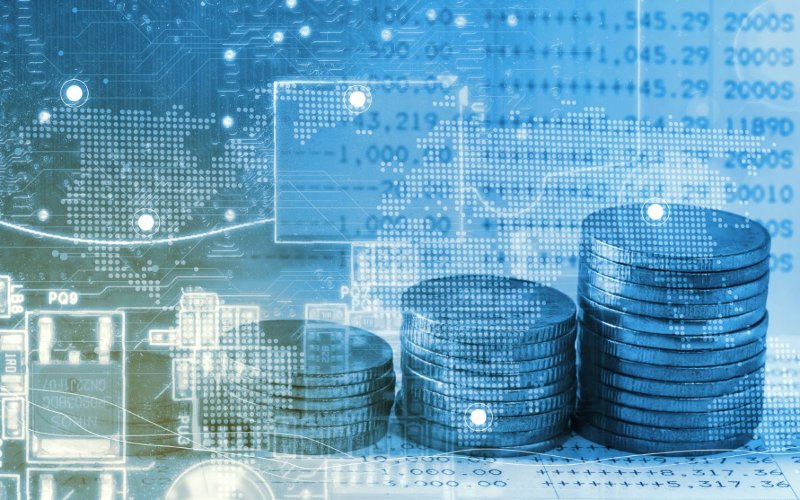What is virtual currency? A virtual currency is a digital currency that is accepted electronically within a virtual community. Unlike real currency, virtual currencies are not regulated and are often controlled by developers. Because they are unregulated, it is important to remember that they are not subject to the same laws that traditional currencies are. That means, there are no monetary or regulatory barriers to using virtual currencies. Rather, they are a form of digital money that is completely independent from governments.
A virtual currency is a type of digital currency that operates in a private ecosystem and cannot be converted into real-world cash. It cannot be used to purchase goods or services in a physical environment, and has no government backing or control over it. Instead, it allows people to exchange value among themselves and is unregulated. There is no central bank or government, so it is free to move around as much as it wants. The idea behind a Virtual Currency is to make it as widely available as possible, and to spread it as widely as possible.
Virtual currencies can be both safe and profitable. They can be used as a means of payment for goods and services and do not require any government regulation. There is no need to worry about inflation, as they do not suffer from it. The only disadvantage of using a virtual currency is that it is not very secure, so beware of scammers who will try to steal your money. This is a risky business and you should be sure you can take steps to protect yourself.
The best way to use a virtual currency is to buy it with real money. Many people use this type of currency to make purchases without converting them into real cash. For example, if you want to buy a new laptop with Bitcoin, you can simply use them as a coupon. A virtual currency is similar to a coupon that you can print yourself or give to friends and family. However, unlike a physical currency, there is no government to control it.
A virtual currency is a type of digital money that can be used anywhere. The only restriction is the one that governs the value of a digital currency. Some people may use it to make payments, but the benefits of using it over a physical cash are more important. Those who use it to make purchases will feel a positive impact on their economy. They can use it to purchase anything they need. Besides, the value of a virtual currency will not fluctuate if it is used in a country that is not controlled by a government.
A virtual currency is a system of value that allows a community of people to exchange value. There is no government to control the value of a virtual currency. It is backed only by a community. The value of a virtual currency can fluctuate dramatically. This makes it very attractive for people in many industries. This is the reason why it is so widely used. The reason why Bitcoin is a popular currency is because it is so easy to use Click Here.
A virtual currency is a currency without a central authority. It is a form of money with no value backed by a real currency. This is not to say that a virtual currency is a scam. It is simply a medium of exchange. No government is in control of a currency. Therefore, it is completely legitimate to trade with other virtual currencies and accept them as real currencies. This is why it is so popular among online users.
Another major advantage of a virtual currency is that it is not backed by a real currency, unlike real currency. Because of this, a virtual currency is not backed by a real asset or currency. The value of a virtual currency is set by the community. Consequently, the value of a virtual currency is not bound by a government. If a country has a central bank, it can be regulated and taxed.
A virtual currency is a digital representation of a real currency. It is a means of exchange and acts as a store of value. Since there are no physical equivalents in the real world, it is regulated by a third-party. This makes it a highly popular choice for online users. A digital currency is a form of money that is not subject to a central authority. It is a system of value that allows users to freely exchange one thing for another.


